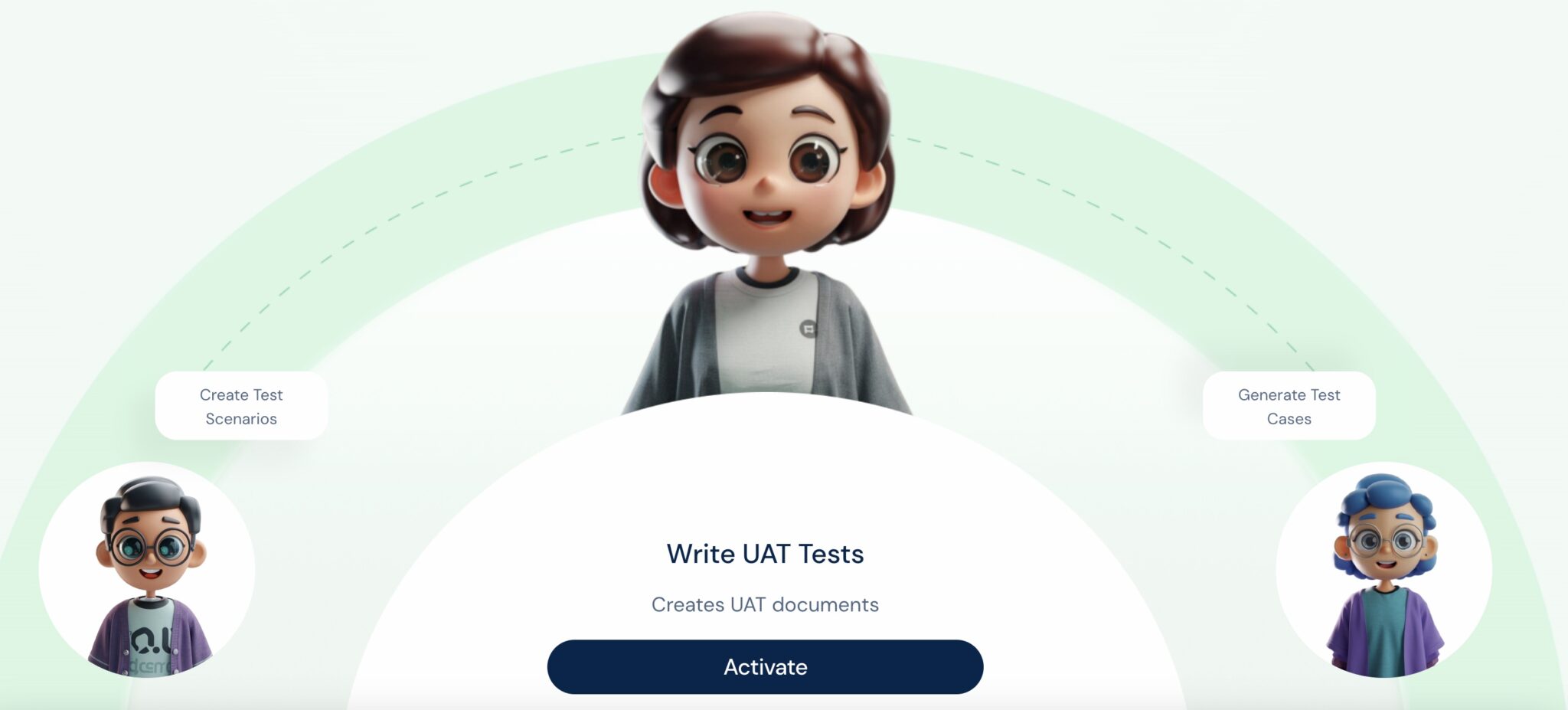Introduction
- In today’s rapidly evolving software development landscape, the demand for high-quality, bug-free software has never been greater.
- Traditional software testing methodologies, often relying on manual testing and time-consuming processes, are struggling to keep pace with this demand.
- This is where artificial intelligence (AI) is making a significant impact, revolutionizing the way software is tested and ensuring that it meets the highest standards of quality.
AI-Powered Testing: A Paradigm Shift
- AI is transforming software testing by introducing a new era of intelligent, automated, and data-driven testing.
- AI algorithms can analyze vast amounts of data, including test results, code metrics, and historical testing trends, to identify patterns and anomalies that may indicate potential defects.
- This capability allows AI-powered testing tools to proactively detect and flag potential issues early in the development cycle, reducing the time and effort required to identify and fix bugs.
Benefits of AI in Software Testing

Benefits of AI in Software Testing
AI brings a multitude of benefits to the software testing process:
- Early Defect Detection: AI can identify potential defects much earlier in the development cycle, when they are less expensive and time-consuming to fix.
- Improved Test Coverage: AI algorithms can analyze code and test results to identify areas of the code that have not been adequately tested, ensuring more comprehensive test coverage.
- Reduced Testing Time: AI-powered testing tools can automate repetitive testing tasks, freeing up testers to focus on more strategic and creative testing activities.
- Predictive Testing: AI can analyze historical testing data to predict the likelihood of defects in different areas of the code, enabling proactive risk mitigation.
- Self-Healing Testing: AI-powered testing tools can adapt to changes in the codebase and update tests accordingly, ensuring that testing remains relevant and effective.
Case Studies: AI in Action
AI is already being used by leading software companies to improve their testing processes. Here are a few case studies:
- Google: Google uses AI to detect bugs in its Chrome browser, identifying and fixing millions of defects before they reach users.
- Microsoft: Microsoft uses AI to test its Azure cloud platform, ensuring that it is reliable and scalable for its vast user base.
- Netflix: Netflix uses AI to test its streaming service, identifying and resolving performance issues that could impact user experience.
Research Efforts: Pushing the Boundaries
Research in AI-powered software testing is constantly evolving, with researchers exploring new techniques and applications for AI in this domain. Some promising areas of research include:
- Natural Language Processing (NLP) for Test Case Generation: NLP can be used to generate test cases from natural language descriptions, reducing the manual effort required for test case creation.
- Machine Learning for Test Prioritization: Machine learning algorithms can analyze data to prioritize test cases based on their likelihood of uncovering defects, ensuring that critical testing scenarios are addressed first.
- AI-Powered Root Cause Analysis: AI can analyze test results and code to identify the root causes of defects, helping developers to fix issues more effectively.
Conclusion: AI at the Forefront of Software Testing
- AI is rapidly transforming the software testing landscape, providing a powerful new approach to ensuring software quality.
- By automating repetitive tasks, identifying defects early, and providing valuable insights, AI is helping organizations deliver high-quality software more efficiently and effectively.
- As AI research continues to advance, we can expect even more innovative applications of AI in software testing, further revolutionizing the way we test and ensure the quality of software.
aiTest: A Closer Look
aiTest an all-in-one testing platform. This platform is designed to conduct comprehensive testing on your applications concurrently. It supports cross-browser and browser version testing, as well as functional and performance tests integrated with Analytics. Additionally, the platform incorporates automation features, including an LLM for effortless generation and testing of machine learning models and generating test data for the same.One-stop solution for continuous testing, integrating seamlessly with CI/CD pipelines. With support for multiple languages and specialized testing for AI/ML services, aiTest empowers organizations to speed up their release cycles while ensuring quality and reliability.


